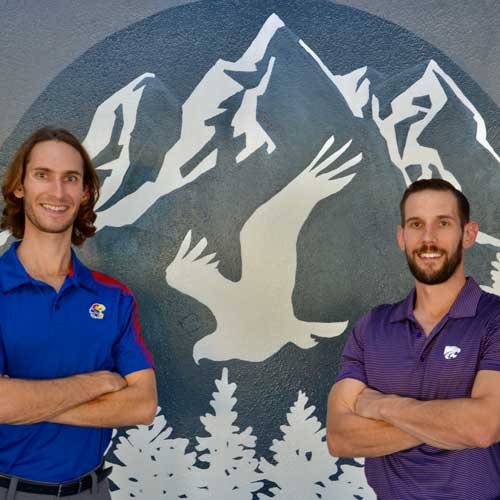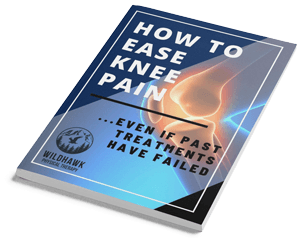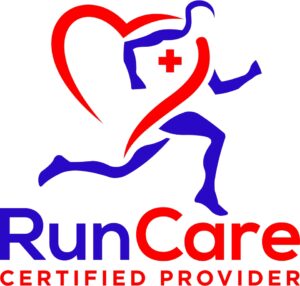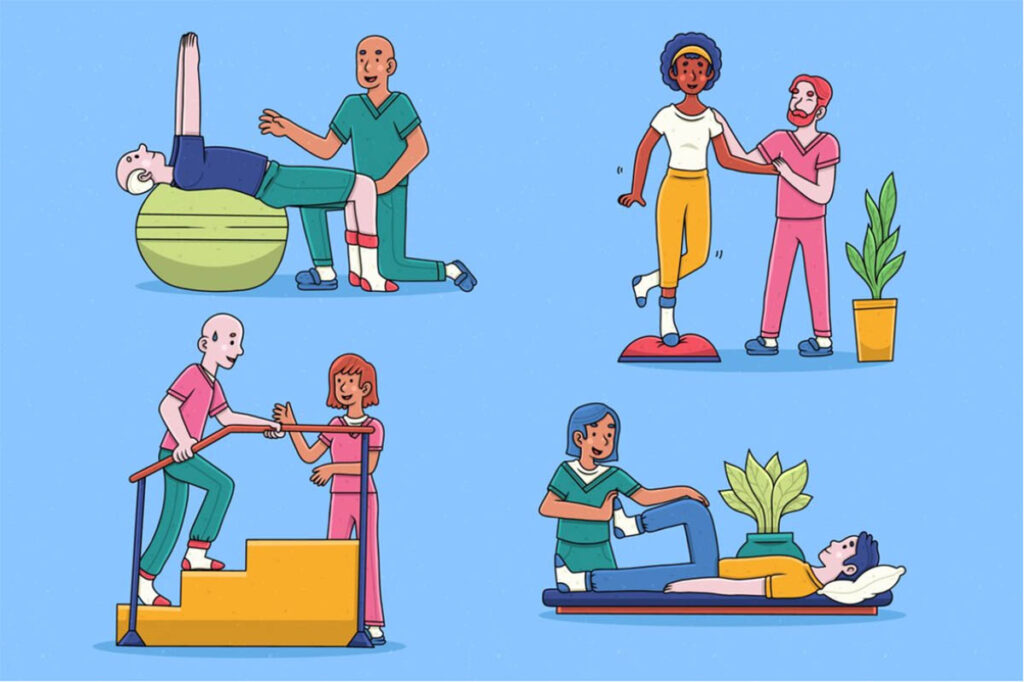
Introduction
Welcome to another informative blog post from WildHawk Physical Therapy. In this article, we will delve into the critical topic of nutrition for bone mineral density and how physical therapy can play a pivotal role in maintaining and enhancing bone health. Whether you’re concerned about osteoporosis, recovering from a fracture, or looking to prevent bone-related issues, gaining insights into the role of nutrition and physical therapy is essential.
Nutrition for Bone Mineral Density: A Comprehensive Guide
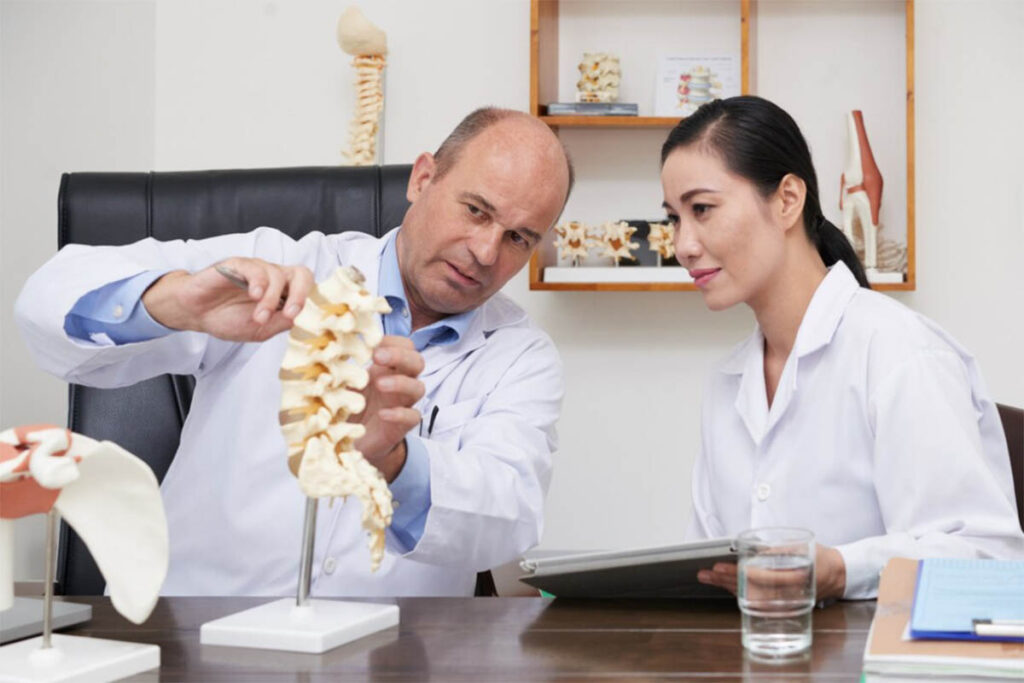
Bone health is a crucial aspect of overall well-being, and it’s influenced by various factors, with nutrition playing a central role. Let’s explore the fundamentals of nutrition for bone mineral density:
Calcium Intake: Calcium is the primary mineral that makes up bone tissue. Ensuring an adequate intake of calcium is vital for maintaining strong and healthy bones. Dairy products, leafy greens, fortified cereals, and certain fish like salmon and sardines are excellent sources of calcium.
Vitamin D: Vitamin D is essential for calcium absorption in the body. Spend time outdoors in the sunlight and include foods rich in vitamin D in your diet, such as fatty fish, egg yolks, and fortified foods.
Magnesium: Magnesium supports bone health by assisting in calcium absorption and bone formation. Incorporate foods like nuts, seeds, whole grains, and leafy vegetables into your diet to boost magnesium intake.
Vitamin K: Vitamin K is involved in bone mineralization. You can find it in leafy greens, broccoli, and Brussels sprouts.
Protein: Adequate protein intake is necessary for collagen formation, which provides the framework for bone mineralization. Include lean meats, poultry, fish, beans, and dairy products in your diet.
Phosphorus: Phosphorus, found in foods like dairy, meat, and nuts, is another essential mineral for bone health.
Limit Excessive Salt and Caffeine: High salt and caffeine consumption can lead to calcium loss from the bones. Moderation is key.
Limit Alcohol and Tobacco: Excessive alcohol and tobacco use can negatively impact bone health. Reducing or quitting these habits can benefit your bones.
Physical Therapy: A Vital Component of Bone Health

Now that we’ve explored the importance of nutrition for bone mineral density, let’s discuss how physical therapy can complement these dietary efforts in maintaining and enhancing bone health.
Exercise for Bone Strength: Physical therapists can design exercise programs that target bone strength and density. Weight-bearing exercises like walking, jogging, and weightlifting stimulate bone formation and help maintain bone mass.
Balance and Fall Prevention: Falls can lead to fractures, especially in individuals with compromised bone health. Physical therapists can work with you to improve balance and reduce the risk of falls.
Post-Fracture Rehabilitation: If you’ve suffered a bone fracture, physical therapy is crucial for rehabilitation. Therapists can help you regain strength, mobility, and function in the affected area.
Pain Management: Bone-related conditions can cause pain and discomfort. Physical therapists employ various techniques, such as manual therapy and modalities, to manage pain and improve your quality of life.
Education and Lifestyle Modification: Physical therapists can educate you on proper body mechanics and lifestyle modifications to protect your bones. This includes guidance on posture, ergonomics, and safe exercise practices.

Conclusion
In conclusion, nutrition plays a significant role in maintaining and enhancing bone mineral density. By incorporating a well-balanced diet rich in calcium, vitamin D, magnesium, and other bone-friendly nutrients, you can support your bone health. Additionally, physical therapy is a valuable tool in preserving and improving bone strength, whether you’re looking to prevent bone issues or recovering from an injury. If you’re concerned about your bone health or require assistance with a bone-related condition, contact us at WildHawk Physical Therapy located in Asheville, NC for expert guidance and personalized treatment plans. Your journey to strong and healthy bones begins with us.
Frequently Asked Questions:
Q: What are the leading causes of bone density loss?
A: Bone density loss can occur due to aging, hormonal changes (especially in postmenopausal women), lack of physical activity, a diet low in bone-boosting nutrients, and certain medical conditions or medications.
Q: How can I know if I have low bone density or osteoporosis?
A: Bone density testing, often performed using a Dual-energy X-ray Absorptiometry (DXA) scan, can diagnose low bone density or osteoporosis. Your healthcare provider can recommend this test based on your risk factors and medical history.
Q: Are there specific exercises I should avoid if I have concerns about my bone health?
A: It’s essential to consult with a healthcare provider or physical therapist before starting a new exercise routine, especially if you have concerns about your bone health. They can provide guidance on exercises that are safe and beneficial for your specific condition.
Q: Can nutrition alone reverse bone density loss?
A: While proper nutrition is crucial for bone health, it’s typically not sufficient on its own to reverse significant bone density loss. Combining a balanced diet with weight-bearing exercises and, in some cases, medications as prescribed by a healthcare professional, can be more effective.
Q: Are supplements recommended for improving bone health?
A: Supplements like calcium and vitamin D may be recommended if you have difficulty meeting your daily requirements through diet alone. However, it’s essential to consult with a healthcare provider before taking supplements to ensure they are suitable for your individual needs.
Q: How can physical therapy help with bone health in older adults?
A: Physical therapy can assist older adults in maintaining bone health by designing exercise programs that focus on strength, balance, and fall prevention. It can also aid in post-fracture rehabilitation, pain management, and promoting overall physical well-being.
Q: Is it possible to improve bone density through exercise?
A: Yes, regular weight-bearing and resistance exercises can help improve bone density, especially when combined with proper nutrition. These exercises stimulate bone remodeling and can increase bone mass.
Q: Can lifestyle changes positively impact bone health?
A: Yes, making lifestyle changes such as quitting smoking, reducing alcohol consumption, and maintaining a healthy weight can have a positive impact on bone health. These changes can help reduce the risk of bone-related issues.
Q: Are there age-specific recommendations for bone health?
A: While bone health is important throughout life, specific recommendations may vary by age and individual risk factors. It’s advisable to consult with a healthcare provider for personalized guidance on maintaining bone health at different life stages.
Q: Can physical therapy help prevent bone fractures in the elderly?
A: Yes, physical therapy can play a crucial role in preventing bone fractures in the elderly by improving balance, strength, and coordination. It can also teach techniques to reduce the risk of falls, which can lead to fractures.


